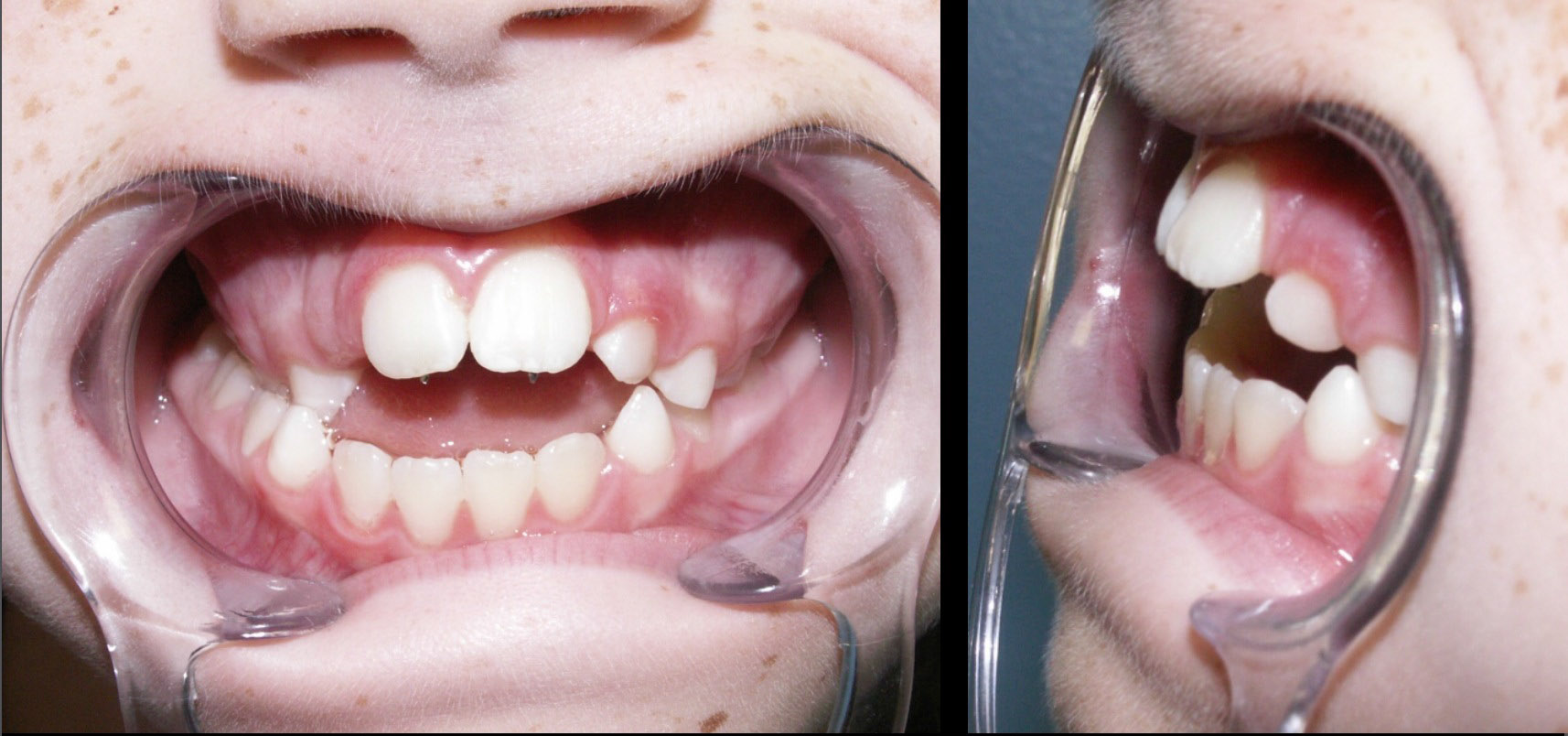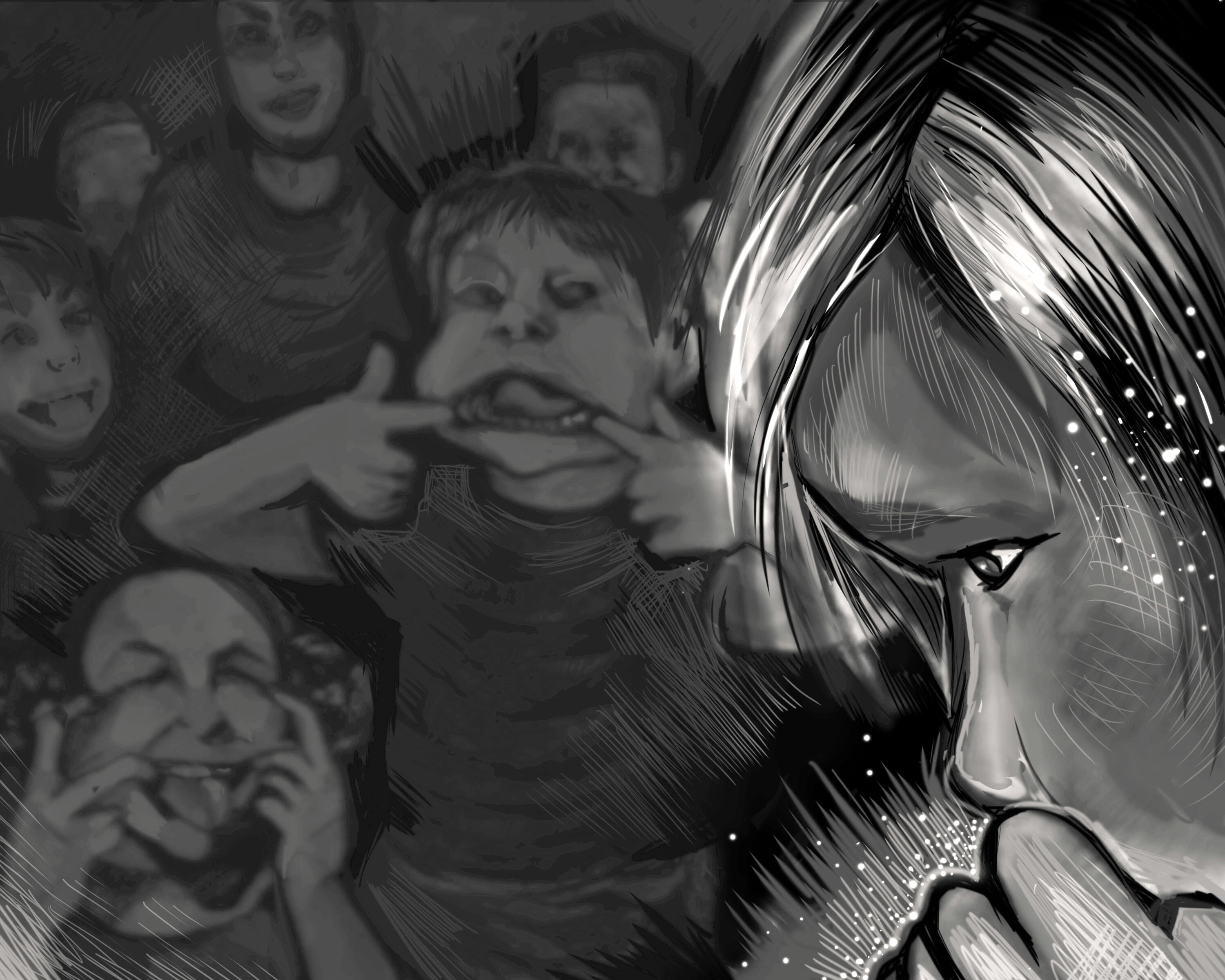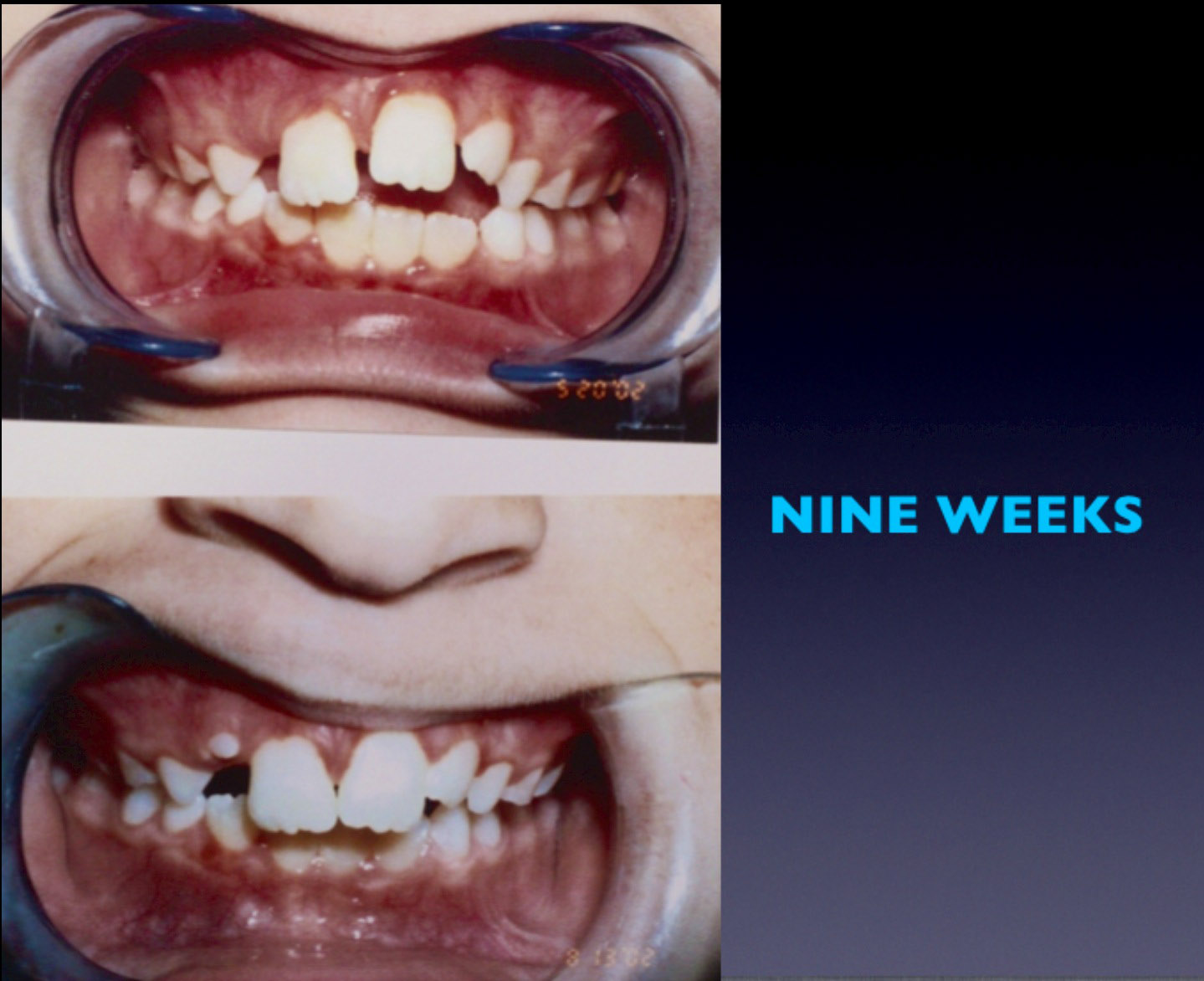Hot Topic Blog - Mouth Development & Function
THAT ADORABLE THUMB! UNDERSTANDING THE THUMB SUCKING HABITBy Shari Green, COM of Long Grove, IllinoisApril 2014 |
|||
|
That adorable baby with the thumb in the mouth – this is truly a precious sight to behold. But, what happens when this habit continues a bit too long, such as in a 5-year old child? Should parents become concerned? After all, they will “grow out of it” anyway, won't they? Well, not necessarily. WHERE DOES THUMB SUCKING ORIGINATE, AND WHY DOES IT PERSIST?
What does a young child equate with sucking behavior? Those first sucking experiences often represent the pleasurable feelings associated with nursing such as warmth, cuddling, mommy, and milk. When children suck, beta endorphin (a powerful and calming chemical) is produced and attaches to the opiate receptors in the pleasure center of the brain. This strong biochemical reaction from the sucking behavior results in the enjoyable and often addictive-like feelings the child (who sucks the thumb) experiences. And, that association with the pleasurable feelings it “conjures up” is what makes an oral habit so hard to "kick."
However, most of the time the thumb goes into the mouth and the child doesn’t even realize it. It is mainly a subconscious habit. Well-meaning parents telling their children to "get their thumbs out of their mouths" often do not anticipate that this may actually weigh heavily on the child and encourage even more sucking behavior! How does this happen? This "encouragement" reminds children that they have failed yet again in regard to a behavior over which they have little to no control. This loss of control over the habit often encourages even more sucking as children seek to find comfort using their thumbs. A negative spiral ensues. Basically, the thumb slips into the mouth, the child feels bad it went in, they get upset and seek comfort, and they ultimately suck even more. It becomes a vicious cycle. WHY IS ONGOING THUMB SUCKING A PROBLEM?
The tongue should rest within the roof of the mouth (away from the teeth) beginning at birth. However, most children who suck their thumbs beyond age 5 have a low, forward tongue resting posture. They also tend to use a "tongue thrust" when they swallow. Newborns start out with a "suckle-swallow" pattern which may turn into “tongue thrusting” if a digit habit impedes the development of the mature swallow (which begins to be seen around 1-year of age). The efficient growth of the mouth and face, the production of speech sounds, and the mature swallow occurs with an upward and retracted motion of the tongue. However, this ability can be severely impacted in children who suck their thumbs. Difficulty biting, chewing, or gathering food can result from immature food manipulation and swallowing skills related to thumb sucking. Some children may even develop aversions to certain food textures which are just too challenging for them to handle. Children with ongoing thumb sucking habits may also have speech disorders such as lisps.
WHAT CAN PARENTS DO TO DISCOURAGE THUMB SUCKING? Well, first, keeping a child busy and not allowing boredom “to set in” is invaluable. Busy thumbs do not tend to sneak into the mouth. A bag of manipulatives is helpful for many, especially in places where children may find themselves bored or alone. The car or TV can be huge triggers. It is best to limit TV time and encourage more outside play. Of course, praise for not sucking is preferable to nagging as it increases the child's self confidence that he or she can stop, if only for a moment. A small step can often lead to future larger gains if you put a positive spin on it. "Hooray. I like the way you have been playing with your toy car. I am so proud of you for keeping your fingers busy!"
To locate a COM near you, you may visit www.iaom.com. Children as young as 4-years of age can successfully participate in a behavior modification program of this nature if they have the desire to stop thumb sucking. They just may need a little help, and as we all know, it is always OK to ask for help. In addition, the tongue can be encouraged to learn new patterns during this therapeutic educational process, which can lead to the encouragement of proper facial growth and development. And self esteem increases significantly following participation in these specific habit-changing programs. Yes, enjoy that adorable baby with the thumb in the mouth! Life is too short not to. And know there are choices you as an informed parent can make to help you and your child navigate this journey, which is what this article is all about! CONTACT INFORMATION
Certified Orofacial Myologist
Past President, International Association of Orofacial Myology CREDITS Illustrations of thumb sucking children are by Ilana Green. Ilana may be contacted at ilanagreen@miad.edu. Photo of parent and child is courtesy of freedigitalphotos.net by David Castillo Dominici.
Dental photos are per written permission of author. PERMISSIONS This article has been previously published on https://www.iaom.com/that-adorable-thumb/ (C-2014, S. Green, COM). Written permission has been granted by both the author and the illustrator for Diane Bahr to reprint this article on our website. All additional publications or reproductions of this article require written permission of the author and the illustrator. |
|||
 Childhood thumb sucking past age five is a habit - a habit that has roots in the very earliest days of life. It is an enjoyable activity from day one (i.e., birth), often associated with early pleasurable innate physiological responses. This is the essence of why it is so hard for some children to stop the habit easily.
Childhood thumb sucking past age five is a habit - a habit that has roots in the very earliest days of life. It is an enjoyable activity from day one (i.e., birth), often associated with early pleasurable innate physiological responses. This is the essence of why it is so hard for some children to stop the habit easily. When do children typically suck? When they are bored, they may use their thumbs to stave off boredom. When children are upset, they may seek to calm themselves by sucking. And, when they are falling asleep, the thumb goes into the mouth as they drift easily off to sleep. Again, these are all triggers related to the calming biochemical effect sucking often brings.
When do children typically suck? When they are bored, they may use their thumbs to stave off boredom. When children are upset, they may seek to calm themselves by sucking. And, when they are falling asleep, the thumb goes into the mouth as they drift easily off to sleep. Again, these are all triggers related to the calming biochemical effect sucking often brings. The obvious concerns many parents see are changes to the mouth. Ongoing and chronic thumb sucking creates atypical pressure on the sides of the mouth, top and bottom front teeth, and dental arches. The jaw remains excessively low during sucking, and the tongue is positioned down into the middle or floor of the mouth. The pressure on the dental structures and roof of the mouth along with the ensuing poor tongue resting posture (encouraged during thumb sucking) may lead to significant changes that have the potential to alter the bite, oral development, and growth trajectory of the facial structure over time.
The obvious concerns many parents see are changes to the mouth. Ongoing and chronic thumb sucking creates atypical pressure on the sides of the mouth, top and bottom front teeth, and dental arches. The jaw remains excessively low during sucking, and the tongue is positioned down into the middle or floor of the mouth. The pressure on the dental structures and roof of the mouth along with the ensuing poor tongue resting posture (encouraged during thumb sucking) may lead to significant changes that have the potential to alter the bite, oral development, and growth trajectory of the facial structure over time. Other lesser known concerns involve issues with self esteem. Some children who suck their thumbs may withdraw from social situations, especially if they have been previously caught “off guard” with their thumbs in their mouths and happened to have been seen by others and teased. Socialization often becomes challenging if they fear further teasing or taunting. Some children, as a result of this fear, will retreat to the comfort of their thumbs and prefer the sidelines rather than the fun of playing with others. If a child’s speech or appearance is affected, this can affect self esteem. A child, who is not easily understood in conversation or whose appearance seems "awkward" from teeth that have shifted out of place, will often feel self conscious and socially retreat.
Other lesser known concerns involve issues with self esteem. Some children who suck their thumbs may withdraw from social situations, especially if they have been previously caught “off guard” with their thumbs in their mouths and happened to have been seen by others and teased. Socialization often becomes challenging if they fear further teasing or taunting. Some children, as a result of this fear, will retreat to the comfort of their thumbs and prefer the sidelines rather than the fun of playing with others. If a child’s speech or appearance is affected, this can affect self esteem. A child, who is not easily understood in conversation or whose appearance seems "awkward" from teeth that have shifted out of place, will often feel self conscious and socially retreat. And, if the going gets rough and your child has a persistent thumb sucking habit, you should seek the help of a professional. Certified Orofacial Myologists (COMs) are specialists who are trained in gentle and positive behavioral techniques for successful thumb sucking elimination.
And, if the going gets rough and your child has a persistent thumb sucking habit, you should seek the help of a professional. Certified Orofacial Myologists (COMs) are specialists who are trained in gentle and positive behavioral techniques for successful thumb sucking elimination. Shari Green, COM, aka "The ThumbLady"
Shari Green, COM, aka "The ThumbLady"